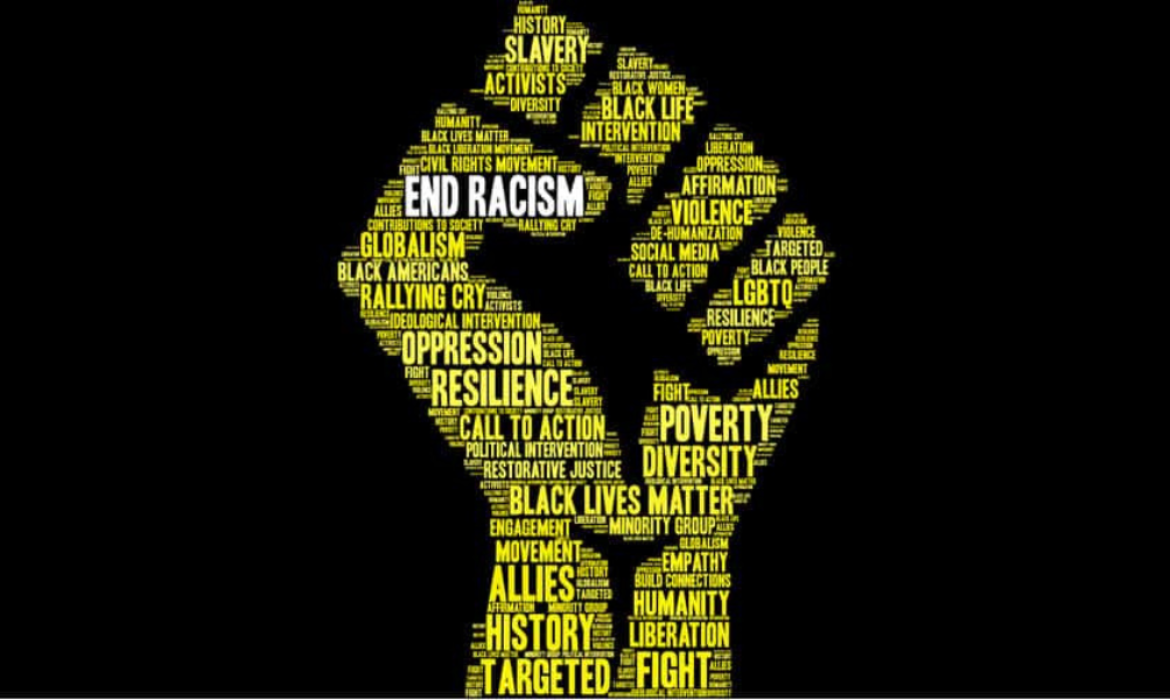An Open Letter by U.K Advertising Agencies Demand Diversity and Action!
Key Insights:
- Responding to George Floyd’s death, more than 200 advertising agencies pledged to support black talent.
- Advertising trade bodies and bosses assure to take action on inequality and maintain inclusive cultures that are sensitive to the matters of racism and injustice.
Protests continue to take place in the U.S and worldwide after the death of George Floyd, a black man who died in police custody in Minneapolis last week.
The latest
After various brands condemn racism and voice their support for protestors, now UK bosses from big advertising agencies have signed an open letter expressing solidarity and support with the black community, committed to doing more within the digital advertising industry, and take action on inequality.
The signed letter is coordinated by Creative Equals, a body dedicated to promoting diversity in the workplace involves 200 U.K advertising bosses.
The bigger picture
Chief executives from WPP, Publicis Groupe, IPA, Facebook, GroupM, Havas, and more have come together and pledged to tackle ‘systemic inequality’ within the digital industry and championing black talent.
According to the IPA (Institute of Practitioners in Advertising) report, U.K agencies along with British businesses have a diversity problem. It shows 4.7% represented Black, Asian, and minority ethnic—a grouping commonly known as BAME in the U.K. That was down from 5.5% in 2018.
The number of employees has dropped from 13.8% to 13.7% year-on-year. However, there was an uptick in the number of BAME chairpeople, chief executives, and managing directors, up from 2.9% to 4.1%.
The open letter addresses these numbers and says,” We need to drive equity in our organizations, the people we hire, the work we produce, and how we engage with clients.”
A commitment to change
As a part of the pledge, the IAB and its members ask the industry leaders to commit to change and action in their support to black talent and communities by holding themselves accountable in 10 following ways:
- Making representation and inclusivity a core part with clear KPI’s and objectives.
- Speaking out and taking action against racism using the company channels.
- Enable employees to understand their privilege as well as white privilege.
- Call out racism when encountered.
- Create safe and inclusive spaces for frank racism discussions.
- Checking with black employees at this traumatic time.
- Commit to elevate and amplify black talent, promote champions, and celebrate black employees.
- Ensuring their advertising isn’t funding white supremacy or racist content.
What are they saying
Some key points from the letter explained by UK ad executives :
“While the brutality has brought widespread shock, the direct effect of this injustice and violence on people of colour in our industry cannot be underestimated.”
“As inequality is so ingrained within the fabric of society and our sector, this is a problem we need to take action on together to affect change. We can all self-educate. We can all challenge our prejudices and those of others. We are all able to prioritise diversity, equity, and inclusion at this critical time.”
The letter ends saying
“Today, we say George Floyd’s name and stand with all black talent in our industry.”
Read the full content of the letter here:
Need for the real change
This week several brands expressed their support to black communities. Although Nike, Ben & Jerry’s, and Netflix have lent their support to the Black Lives Matter movement, it is important to see solidarity translate into action for a meaningful impact especially in the digital advertising industry where it has fallen short in the workforce diversity.

Image Credit: The Drum
The founder of 56 Black Men, Cephan Williams agrees that the brand holds higher influencing power to enact change. Now neither it’s time to remain silent nor jump the bandwagon but take action.
Awin pledges to do more for the black community and fight racial injustice. It said in a statement,
“We recognize our actions need to be ongoing and there is always an opportunity to do more. The pain in our communities and for many of our employees is real and the reality is, too many have experienced this pain for far too long. We know we don’t have all of the answers, but we know this: Complacency is not an option and we are stronger together.”
What next
It is important for the leaders to work collectively as an industry to continue conversations, take action, and support talent in improving diversity and inclusion in the sector. Organizations should ensure not to tolerate racism at any cost.


